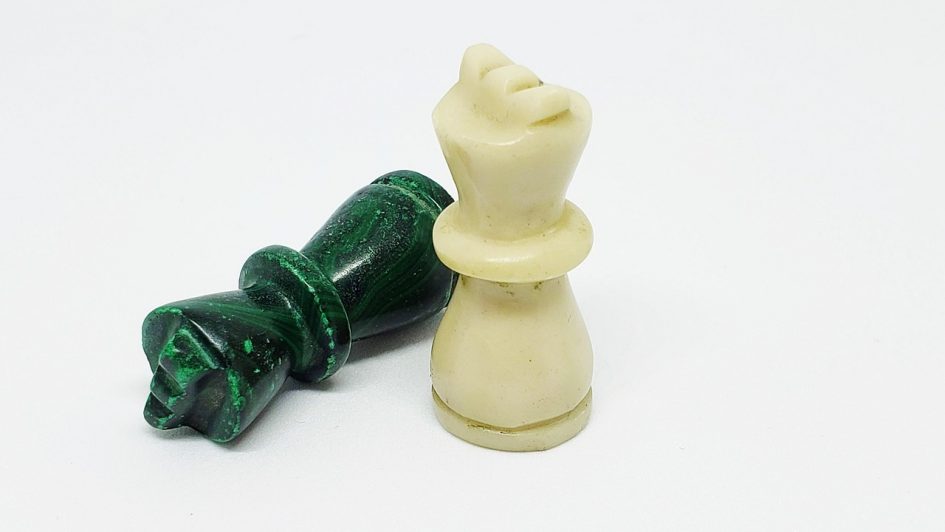One significant aspect of managing people is that task-oriented people need to improve in strategic thinking.
The problem with task-oriented people is they are good soldiers but awful managers and hence cannot be given important responsibilities; they will keep going and forget to climb a tree to check if the direction is right. What is more interesting is they will feel they accomplished a lot by walking in the wrong direction and will focus on how much effort they put in to feel good about it!
The easiest way to identify such people is to ask them, “how is X going?” – they will talk about the tasks they did about X – not the high-level answer and go into details if required.
Though this is something no one can change from the outside, a framework could help them develop this capability.
Here is a seven-step framework I put together in an internal email :
Strategic thinking framework
The best form of thinking is writing – so if this is not done in writing- you are not thinking.
- What is the outcome I want (final/immediate)
The key thing to remember here is that intentions matter. Intentions set the compass; actions determine how you move forward.
a) What steps should I take to get there? b)What is the best logical order of these steps (different arrangements give different results)
b) What is the most impactful step? ( identify and focus more time on it)
c) What can go wrong?
d) What can I do to ensure the direction is towards the outcome?
Take one step at a time:
What outcome do I want here?
What should I believe to get the outcome I want (significant step – you must change your belief to suit the result you want)
2. Take action:
a) What is the outcome of the first step you took? go to step 1.
b)What can I do next to take it toward the final outcome? ( keep repeating)
3) What is the final outcome?
Good / not what I wanted
a) If Good and what you wanted – can I convert it to the recipe to go faster next time/ teach it to others?
b) Not not good:
What could have been done differently?
4. What did I learn
5. What is the pattern of the outside world I discovered due to this?
6. Is there a pattern in my mistakes?
7. What can I do differently next time to get a better outcome faster


Related Posts: